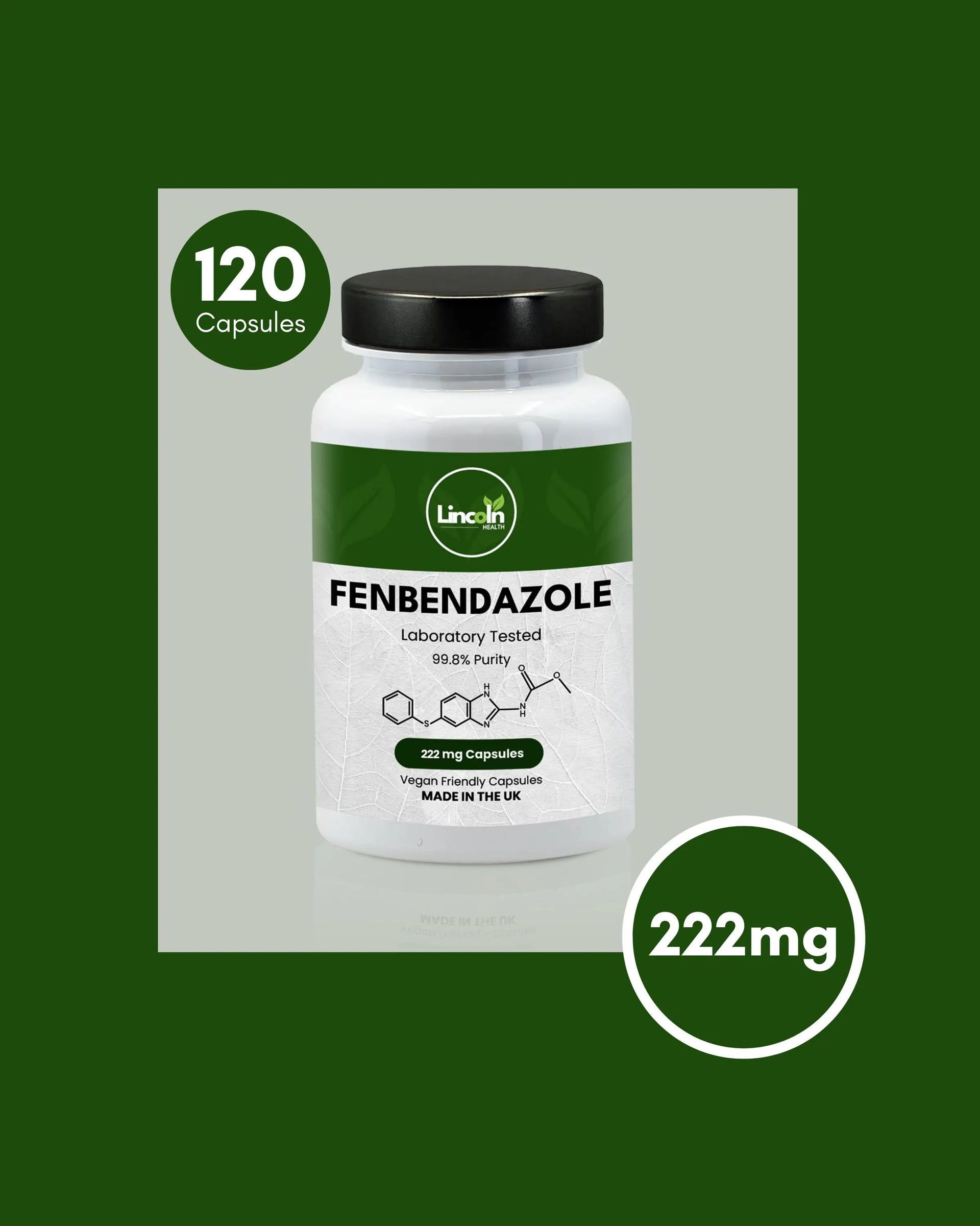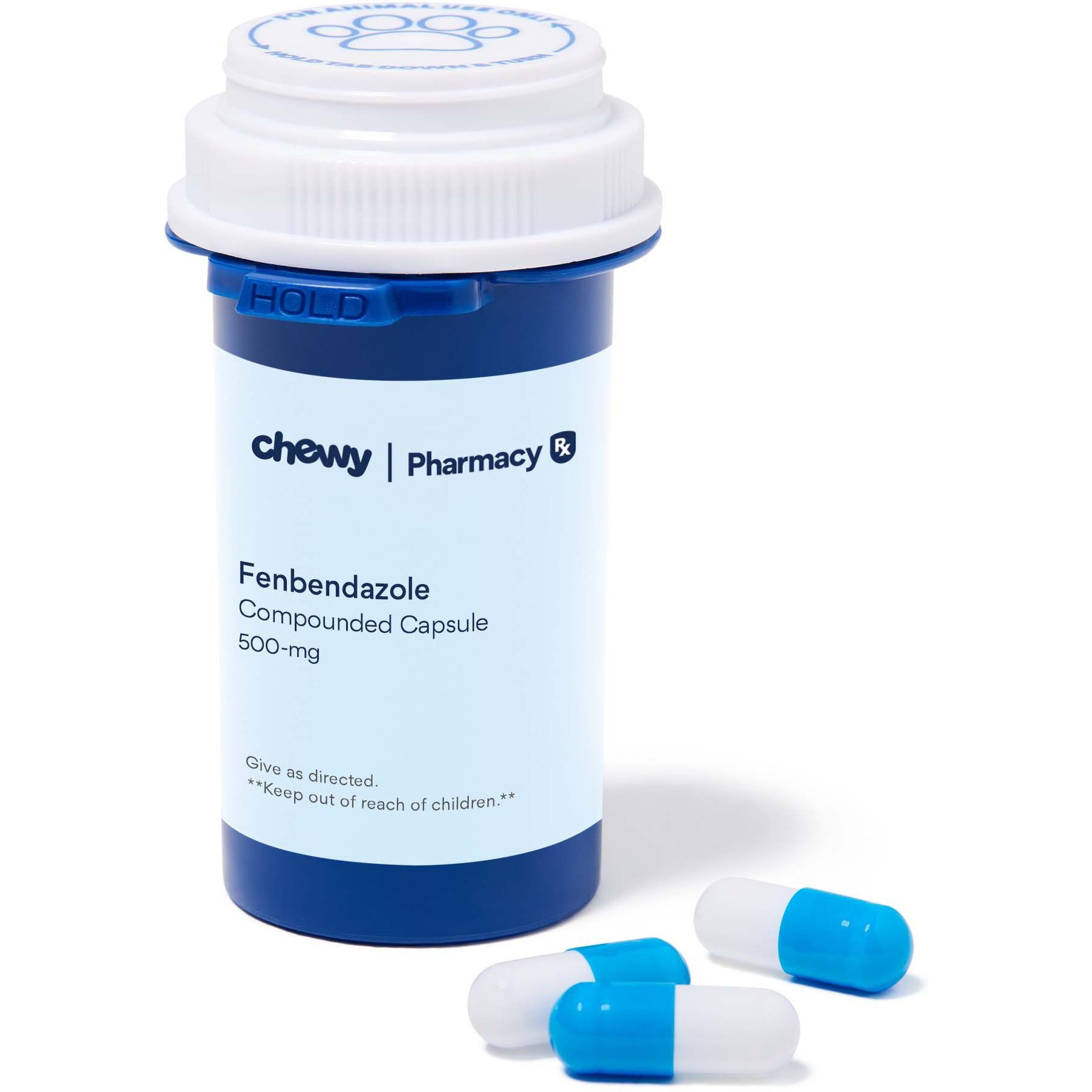Recognizing the Advantages and Uses of Fenbendazole in Veterinary Medication
Fenbendazole has actually established itself as a key anthelmintic in vet medication. Its capability to target numerous parasitic infections makes it a beneficial tool for vets. The medication's device interferes with vital cellular processes in bloodsuckers, bring about effective treatment end results. However, its safety and security profile ranges varieties, necessitating cautious factor to consider in its use. Recognizing these characteristics can drop light on fenbendazole's broader effects in vet treatment and recurring research study into its potential beyond traditional applications
Mechanism of Action of Fenbendazole

Common Parasitical Infections Treated With Fenbendazole
A variety of parasitical infections are successfully treated with fenbendazole, making it a flexible option in veterinary medication. This anthelmintic representative is specifically effective versus nematodes, including roundworms and hookworms, which commonly influence pet dogs and pet cats. It is also made use of for the treatment of cestodes, such as tapeworms, supplying a wide range of activity against both kinds of digestive tract parasites. Additionally, fenbendazole is beneficial in handling infections created by protozoa, particularly Giardia, which can cause gastrointestinal distress in pets. Its efficacy prolongs to treating particular lungworms in pooches and felines, attending to breathing wellness worries linked to these parasites. On the whole, fenbendazole's capability to target multiple parasitical species makes it a beneficial tool in vet technique, making sure the health and wellness of pet dogs affected by these typical infections.
Safety and security and Efficacy in Different Pet Species
The security and efficacy of fenbendazole vary among different animal species, highlighting the value of species-specific factors to consider in vet medication. In pooches, fenbendazole is generally well-tolerated and effective against a variety of stomach parasites, including roundworms and hookworms. For felines, however, its use is much less usual and might need careful application due to prospective unfavorable responses.
In animals, such as cattle and sheep, fenbendazole shows performance versus different endoparasites, adding to boosted health and wellness and performance. The pharmacokinetics and redirected here prospective side effects can differ significantly between types, demanding mindful assessment by veterinarians.
Horses also react positively to fenbendazole, specifically for dealing with strongyles and ascarids, though dose and management paths need to be tailored to their unique physiology. Consequently, comprehending these distinctions is vital for enhancing therapy results and making certain pet welfare throughout diverse varieties.
Management and Dosage Standards
Proper management and dose guidelines are important for maximizing the restorative results of fenbendazole while lessening potential negative effects. The dosage typically varies depending upon the types being dealt with, the specific condition, and the formula of fenbendazole utilized. fenbendazole capsules. For pet dogs and felines, a typical dose is 50 mg/kg body weight, administered daily for 3 consecutive days, yet veterinarians may readjust this based on private wellness assessments
It see this is necessary to administer fenbendazole with food to improve absorption and decrease gastrointestinal upset. The medication is available in various kinds, consisting of granules and paste, enabling versatile management options. Checking the animal's action throughout and after treatment is a good idea to confirm effectiveness and security. In addition, veterinary assistance is crucial to establish the suitable period of therapy based on the kind of parasitic infection being attended to, assuring suitable outcomes for the animal's health and wellness.
Future Viewpoints and Research Study on Fenbendazole
Research study on fenbendazole remains to evolve, concentrating on its potential applications beyond traditional antiparasitic uses. Current researches have discovered its performance in dealing with numerous kinds of cancer cells, specifically in vet oncology. Initial information suggest that fenbendazole may inhibit the development of lump cells and improve the impacts of other chemotherapeutic agents.
Scientists are examining its role in taking care of stomach conditions in animals, highlighting its anti-inflammatory homes. The versatility of fenbendazole for different species questions regarding its safety profiles and suitable application regimens in varied populations.
As interest grows, there is a need for thorough medical trials to develop evidence-based standards for these novel applications. Future research might additionally check out the mechanisms behind fenbendazole's impacts, potentially leading the method for innovative healing methods in veterinary medication. The continuous expedition of fenbendazole could significantly enhance therapy choices for various vet conditions.

Frequently Asked Questions
Is Fenbendazole Safe for Pregnant Animals?
The safety and security of fenbendazole for expectant pets remains unclear. While some research studies recommend very little danger, vets commonly advise care and usually advise against its use throughout maternity unless the advantages plainly surpass possible threats.
Can Fenbendazole Be Made Use Of in Animals?
Fenbendazole is frequently used in animals to deal you can try these out with different parasitic infections. fenbendazole capsules. Its efficacy against intestinal worms makes it a beneficial anthelmintic, adding to enhanced wellness and productivity in animals increased for food and fiber
What Are the Negative Effects of Fenbendazole?

The negative effects of fenbendazole may include intestinal disruptions, sleepiness, and allergies. In rare cases, much more serious responses might happen, requiring mindful surveillance and consultation with a veterinarian during treatment.
How Does Fenbendazole Compare to Other Dewormers?
Fenbendazole provides broad-spectrum effectiveness against different parasites, often contrasting positively to other dewormers. Its special device targets different life stages, making it efficient, while normally offering a desirable security profile compared to choices offered on the market.
Can Fenbendazole Be Utilized for Dealing With Cancer Cells in Family Pets?
The capacity of fenbendazole in treating cancer cells in pet dogs has actually gathered interest. Preliminary studies recommend it might hinder cancer cell growth, however additionally study is essential to verify its efficiency and safety in vet oncology.